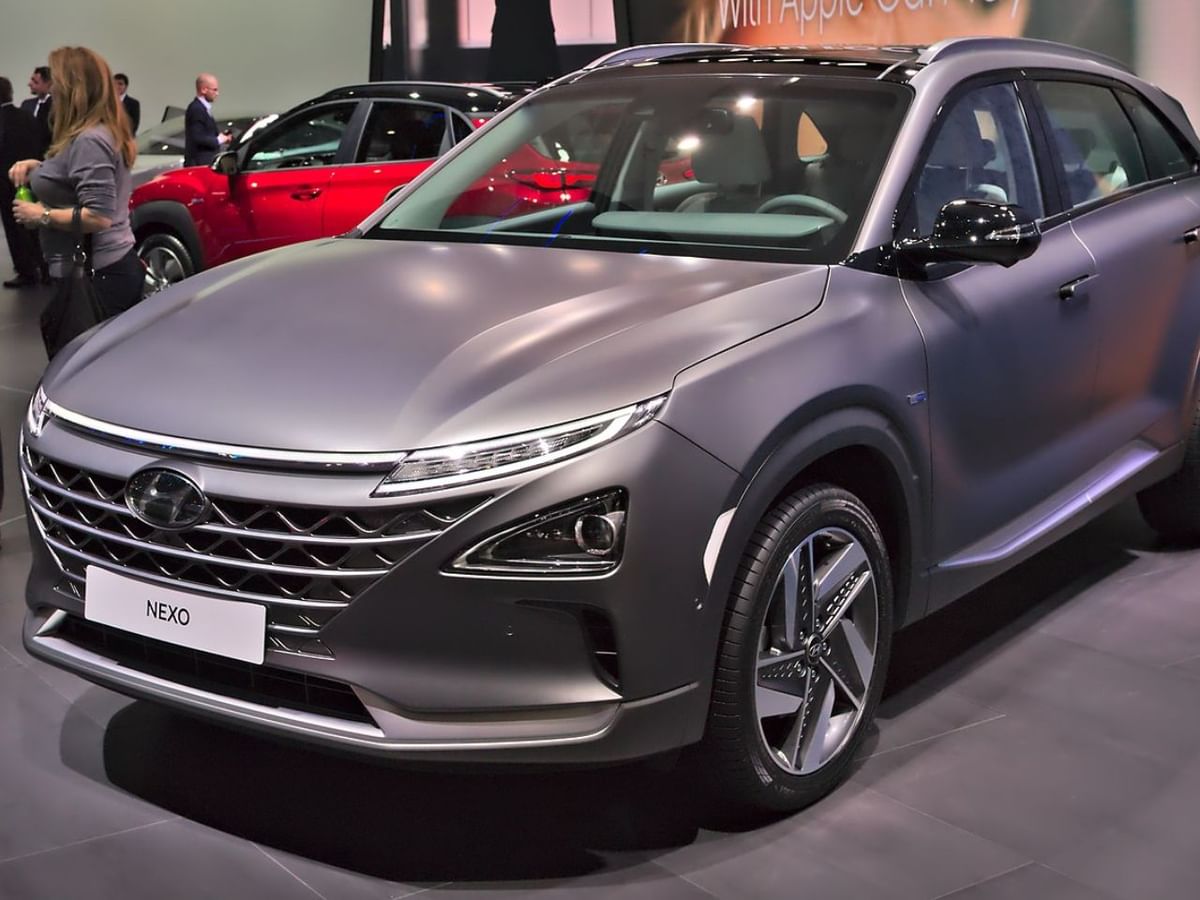Explained: Are hydrogen fuel-cell vehicles the future?

One of the hydrogen fuel-cell vehicles. (Photo credit: Wikimedia Commons)
In 1807, Francois Isaac de Rivaz created the first hydrogen-fueled internal combustion engine, and a century and a half later, scientist Roger Billings adapted a Ford Model A engine to operate on hydrogen.
New Delhi: Battery-powered fully-electric and hybrid vehicles are the green vehicles that will eventually replace the internal combustion engine. However, there is a third alternative that is sometimes overlooked: hydrogen-powered vehicles.
Hydrogen has been used to power automobiles for decades; in 1807, Francois Isaac de Rivaz created the first hydrogen-fueled internal combustion engine, and a century and a half later, scientist Roger Billings adapted a Ford Model A’s engine to operate on hydrogen. In a few years, hydrogen will be utilised to launch NASA rockets into orbit.
How do hydrogen-powered fuel cell electric cars work?
Like all-electric vehicles, fuel cell electric vehicles (FCEVs) utilise energy to power an electric motor. Unlike other electric vehicles, FCEVs create energy using a hydrogen-powered fuel cell rather than a battery.
The vehicle manufacturer specifies the power of the vehicle throughout the vehicle design process by the size of the electric motor(s) that get electric power from the correctly sized fuel cell and battery combination, as per the US Department of Energy.
Although manufacturers could build an FCEV with plug-in charging capability, most FCEVs currently rely on the battery to recoup braking energy, provide extra power during brief acceleration events, and smooth out the power produced by the fuel cell. The amount of energy stored onboard is determined by the size of the hydrogen fuel tank.
In contrast, with an all-electric vehicle, the amount of power and energy available is proportional to the size of the battery.
Are these vehicles the future?
Hydrogen cars have not made any deep impact on the vehicles market across the globe yet. But, they have the potential to provide a greener alternative to petrol.
Several firms are testing, researching, and producing hydrogen-powered automobiles.
Since 2015, three separate automobile companies have sold hydrogen-powered vehicles: the Honda Clarity Fuel Cell, the Hyundai Nexo SUV, and the Toyota Mirai. However, Honda has since discontinued all Clarity variants, while Hyundai has sold fewer than 1500 Nexo SUVs so far.
Toyota, the most committed company to hydrogen power as an alternative to battery-electric vehicles, has sold around 10,700 Mirai sedans in the United States across two generations, reported Car and Driver, albeit with significant discounts at times. It remains to be seen whether this environmentally friendly technique offers any promise in the future.

